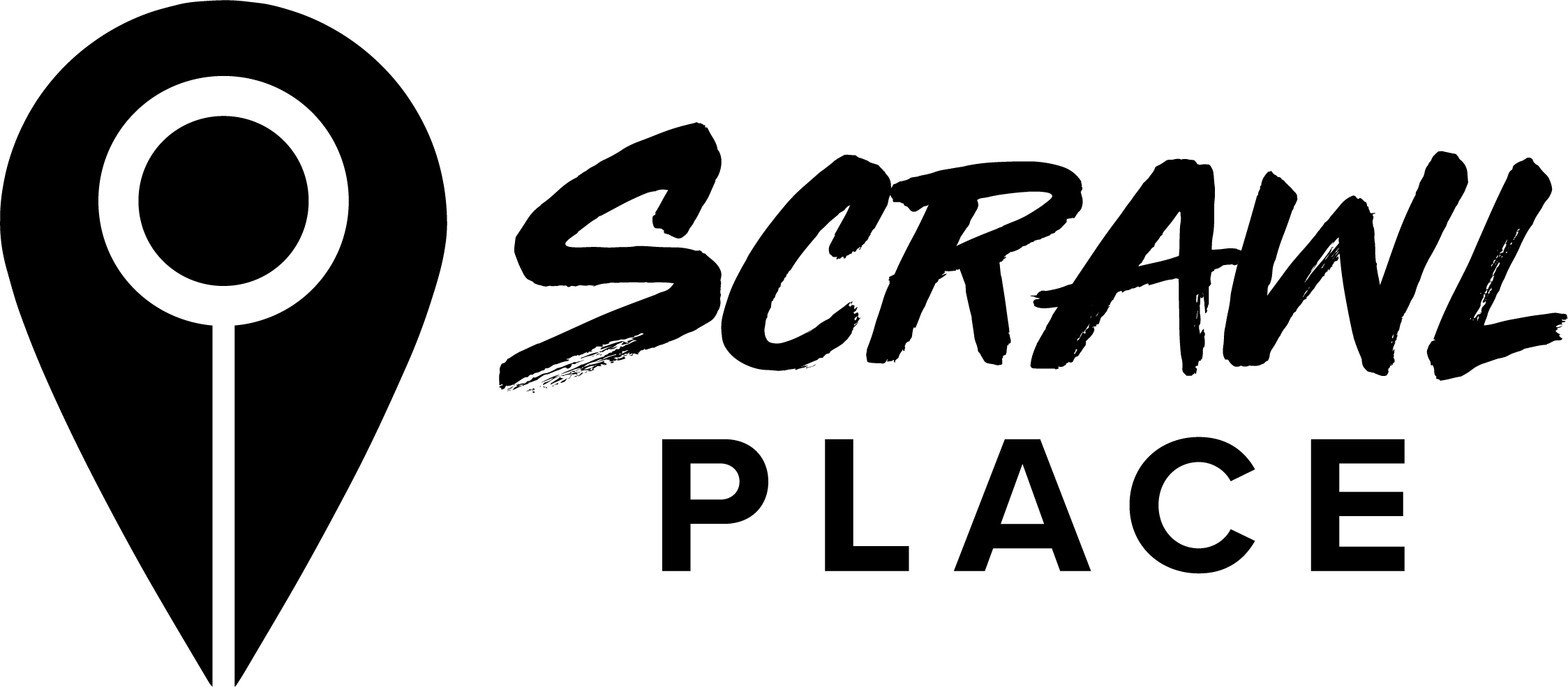The comparison began when the doctors recommended Mike’s mom take experimental drugs to defeat her disease. At the time Mike had been reading about the eastern front during World War Two. So, after the drugs failed, it seemed natural to see that setback as his mom’s “Stalingrad.” A few weeks later, a slight improvement in her condition gave the doctors hope the drugs were working. But Mike had been studying her decline. He saw there was no difference between her war and the one he was reading about. He told the doctor: “No, no, no. Learn some fucking history, man. She’s just retaking Kharkiv. Nothing to get too excited about.”
A few months later, the attending physician at New York Hospital (where Mike had been born), showed him the latest x-rays. He pointed to the shadows mushrooming in her lungs. Mike nodded. He saw the endless columns of soldiers heading west, smoldering tanks, and wild-eyed horses carting milk crates and ammo. He went over to her bedside and said, “Sorry mama, you’ve just lost Kyiv and the Ukraine.”
A month or two later she rallied. Mike cried out, “Well done, you’ve retaken Warsaw.” Only to watch her flee through the Pripet Marshes, hold the line for a few months on the frozen Oder River (where she could barely talk or take solids), and then make her last stand in Berlin. There, in smoking ruins, phantom armies, psychics, and herbal concoctions were called into action at her croaking command: the long-awaited miracle weapons that would finally accomplish what science and medicine had failed to do.
She died the next day.
The memories of her last days were now fixed: scenes of scorched earth, ashen skies, and charred flesh. She deserved a better visual: something like the labors of Hercules, the conquests of Alexander the Great, or Sir Edmund Hilary’s ascent up Mount Everest.
She’d put up an epic fight. Mike blamed himself for the catastrophic metaphoric failure of her death. There it was: that word: failure. Like his career: washed-up actor with some dandruff shampoo ads and a few minor roles on Off Off Broadway after twenty years. Now his mother would never see him get his big break.
At Forty Second Street, Mike got out the subway car’s improvised kiln. He climbed into the cavern of Grand Central Station clutching the cedar box of her remains. The Zodiac gleamed down from the station’s ceiling. Mike knew some of the constellations had been rendered backwards and upside down—though correctly from heaven’s perspective, from how God sees them. Gazing up, Mike wondered if he and his mom were looking at identical clusters of stars at the same time, even if an immeasurable gulf separated them. He didn’t like thinking about it. Perhaps a spumoni from the gelateria opposite the Chrysler Building would help cool him off, lighten his mood. Get his mind off her. A raving man stood between him and the Lexington Avenue exit. Across the street, the gelateria’s sign blinked in the plate glass window like an unattainable grail. An unbearable pressure pushed from behind his eyes.
The crowds swarmed by them: ants around a pebble.
Mike stared into the man’s eyes.
They filled his mouth with sadness. He saw them fixed on some unseen horizon seeking a ship mast that would never appear. The dam in Mike’s head broke. He began to weep. He heard a song sown in butterfly tears and magpie quills. Unseen wings brushed his cheeks. The echoes of a keening Fado rang down the passageway.
The man let Mike pass.
I will eat my mom’s ashes, Mike thought, heading out into the light of the street, ignoring the gelateria, wiping his cheeks. I will put on sandals, sackcloth and a garlic necklace. I will buy a donkey from Amazon, ride it down Lexington Avenue waving palm fronds and blessing crowds with sprinkles from my favorite five-gallon jug of vodka. I will dismount at Grand Central Station. The man will be expecting me. I will get on my knees, clip the man’s curling toenails, wash his swollen feet, apply hyssop to his sores, remove his rags, soak them in vodka, ignite the pile, dress him in clean pants and shirt.
There’ll be nothing to worry about. A phalanx of gawkers will protect us, jostling for space, their glinting cellphones overhead recording everything. No one will interfere. Nothing will touch us.

